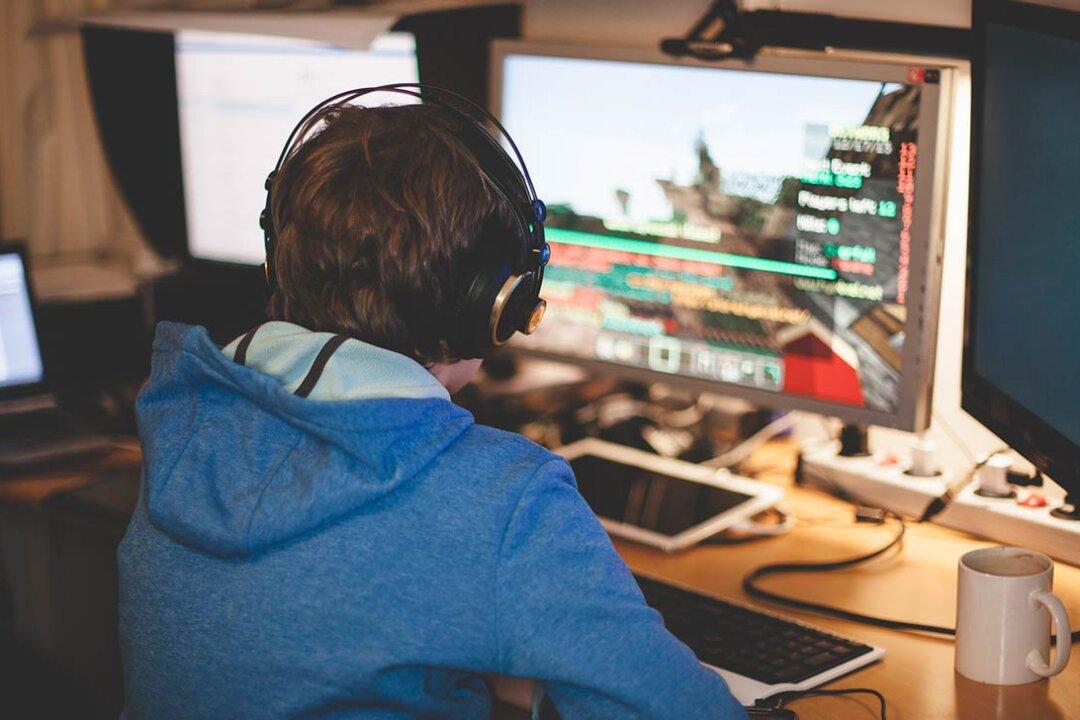An analysis of two dozen studies found a link between playing violent video games and aggressive behavior.
While previous studies have demonstrated violent video games boost aggressive tendencies in thoughts and feelings, the new analysis showed a link with physical aggression. The effect on players was “modest,” noted the analysis published Oct. 1.





